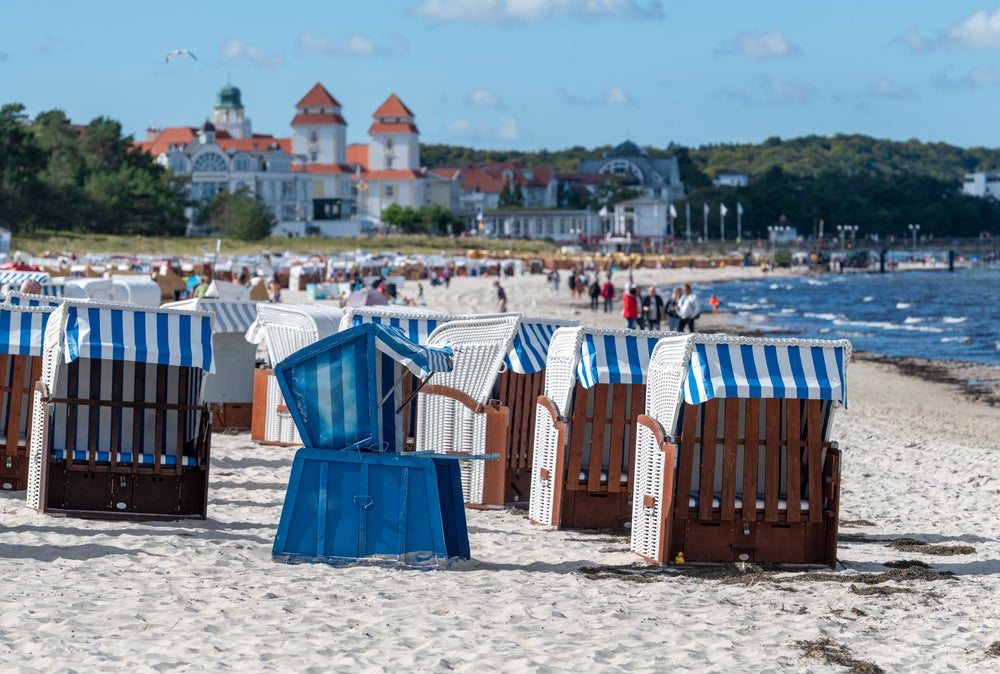
A German resort town on the Baltic coast has said it will take legal action against the federal government following its recent approval of plans to build liquified natural gas (LNG) terminals on nearby coastlines.
The construction of the terminals was fast-tracked by the German Government last year to accommodate for the drop in LNG supply following Russia’s invasion of Ukraine. Germany was Europe’s largest importer of Russian gas prior to the war.

Discover B2B Marketing That Performs
Combine business intelligence and editorial excellence to reach engaged professionals across 36 leading media platforms.
The accelerated construction of two floating LNG terminals in Mukran on the Baltic Sea was backed by both of Germany’s houses of parliament on Friday.
The German Government has embraced LNG as a means of meeting its energy requirements but has faced criticism from environmentalists who wish to see increased renewables roll-out.
The decision was taken despite resistance from the local governments of Rügen, the island where the terminals will be built, with locals expressing concern that they will impact marine life and tourism.
“Our lawyer has been instructed to now obtain interim orders to stop construction at the Federal Administrative Court in Leipzig against the LNG terminals and the pipeline,” Karsten Schneider, mayor of the town Binz, in Rügen, told Reuters on Friday.

US Tariffs are shifting - will you react or anticipate?
Don’t let policy changes catch you off guard. Stay proactive with real-time data and expert analysis.
By GlobalDataCampaign group Rügen Gegen LNG has begun collecting signatures for a petition against the terminals. If the petition gathers more than 50,000 votes, it will be considered by the German parliament.
The project is being developed by German natural gas grid operator Gascade, with the two planned terminals having an annual capacity of ten billion cubic metres. German energy company, Deutsche Regas, is due to begin operation of the terminals at the beginning of 2024.
Gasgade is also planning the construction of a 50km pipeline as part of the project, which it claims will reduce the environmental impact.
LNG expansion in Germany
Germany already has floating LNG terminals in operation at Wilhelmshaven, Brunsbüttel and Lubmin.
The government also plans to replace certain floating stations from 2026 with permanent terminals in Stade and Brunsbüttel, and a privately operated one in Wilhelmshaven.
The extensive infrastructure expansion plan is expected to cost the German Government more than €10bn ($11bn). The expansion is planned despite Germany’s ambition to become climate neutral by 2045.
Economy Minister Robert Habeck defended the plans on Friday stating that they are necessary to ensure the country’s energy security.





